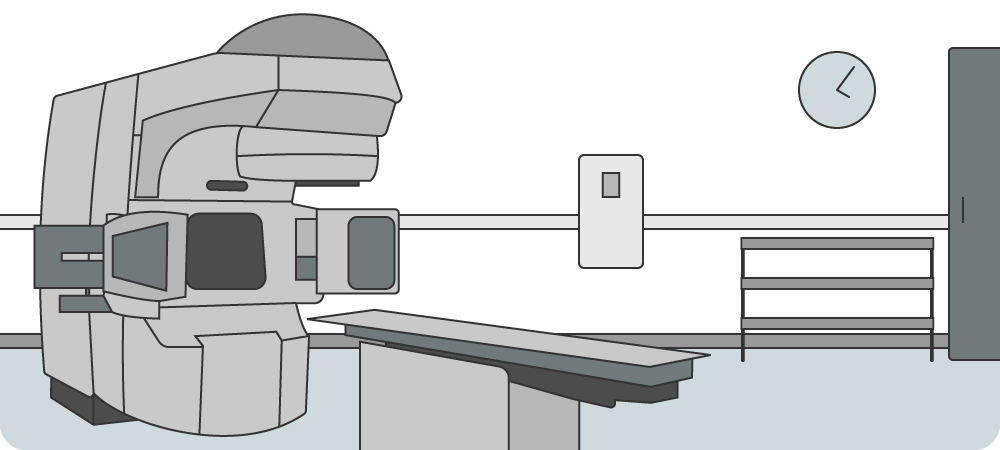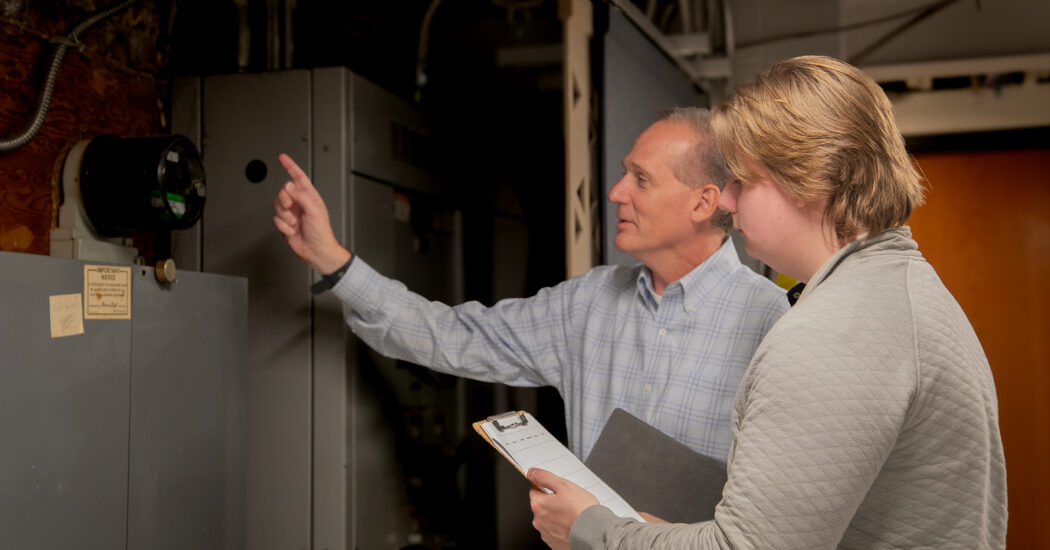3 Reasons You Need a Medical Equipment Planner on Your Design Team
-
Category
Studio-Healthcare, Innovation -
Posted By
John Hitron -
Posted On
Apr 27, 2020

When designing clinical spaces in a hospital or other medical facility, it’s important to assemble the right team. This includes individuals on the design side—such as architects, engineers, and interior designers—and on the clinical side—such as physicians, nurses, pharmacists, and others who will be using the space every day. It also includes a very important role that bridges the two: a medical equipment planner.
What is a Medical Equipment Planner?
A medical equipment planner is someone who helps identify the technological needs of an organization and effectively integrates the necessary technology tools into the environment of care. A planner works with the clinical team to understand what equipment they need, how they work around the equipment, and how any new equipment must interweave with their processes and procedures to appropriately optimize the space. They then specify any new equipment, facilitate or assist in the purchasing process, and ensure all equipment is delivered and installed properly.
In the context of a design project, the medical equipment planner also works closely with architects and engineers to ensure the selected equipment will properly fit into the space, as well as coordinating utilities and optimizing workflow.
We have an in-house medical equipment planner as part of our full-service team who works closely with our architects and engineers on all healthcare projects. If your design partner does not have an in-house planner, you can also utilize a consultant.
If you work for a hospital or other large healthcare organization, you may have a medical equipment planner on staff. The medical equipment planner on the design team plays a different role and will work closely with your planner to understand equipment needs, integrate their expertise into the design process, and work with any vendors they prefer.
There are a few reasons having an experienced medical equipment planner on your design team is critical to the success of your project:
 1. Medical Equipment Planners Save You Time and Money
1. Medical Equipment Planners Save You Time and Money
When you consider the amount of budget allocated to medical equipment—often 25 to 30 percent of the total project budget—you can appreciate the importance of getting it right. A medical equipment planner can prevent expensive mistakes in a few ways.
First, they bring an unbiased third-party perspective to your equipment discussions. There are so many manufacturers and options in medical equipment. It’s the planner’s job to know the latest and greatest equipment available and be able to help your team make the best decisions for your organization and your patients. They take this burden off your team, facilitating a more efficient selection process, ensuring deadlines are hit, and preventing schedule delays.
Second, having an experienced medical equipment planner integrated into the design process from the start means equipment is factored into the actual design of the facility. The last thing you want on moving day is to realize the equipment you purchased does not integrate into the space and is unusable. A planner ensures each machine fits where it needs to go and can function effectively on a daily basis. This prevents costly design reworks, having to find alternative equipment at the last minute, or the need for building changes after construction has already finished.
 2. Proper Medical Equipment Planning Creates Operational Efficiencies
2. Proper Medical Equipment Planning Creates Operational Efficiencies
An important part of a medical equipment planner’s job is to understand how your clinical team works. What is functioning well in each department? What isn’t? What are your biggest pain points? What are opportunities for improvement?
The planner then makes recommendations for technology that can improve your workflows and improve your staff’s ability to do their jobs. The right equipment put in the right places can help clear bottlenecks, increase speed and accuracy, and reduce errors.
 3. Good Medical Equipment Choices Increase Patient Satisfaction
3. Good Medical Equipment Choices Increase Patient Satisfaction
The equipment you choose can significantly impact the patient experience. Equipment that is hard for your staff to use or maneuver around, is unreliable, or doesn’t fit into your processes is detrimental to the environment of care.
A good medical equipment planner will arm you with the technology to get patients in and out efficiently, get faster test results, and ultimately lead to better outcomes. Patients can also sense a high-functioning healthcare environment, which increases their confidence in your providers and their medical care.





 1. Medical Equipment Planners Save You Time and Money
1. Medical Equipment Planners Save You Time and Money 2. Proper Medical Equipment Planning Creates Operational Efficiencies
2. Proper Medical Equipment Planning Creates Operational Efficiencies 3. Good Medical Equipment Choices Increase Patient Satisfaction
3. Good Medical Equipment Choices Increase Patient Satisfaction

